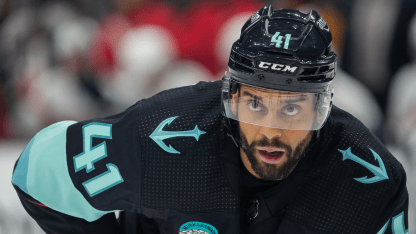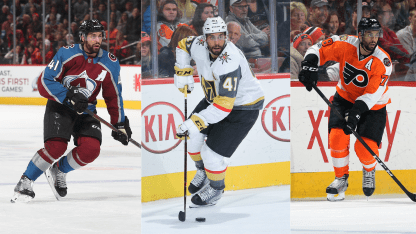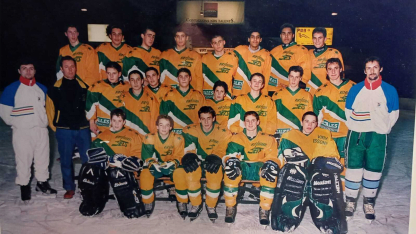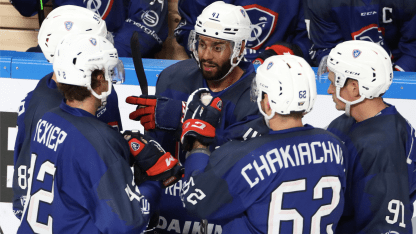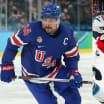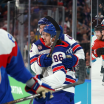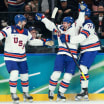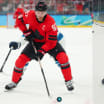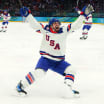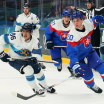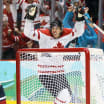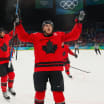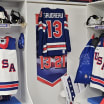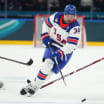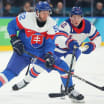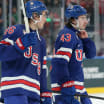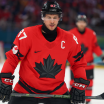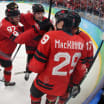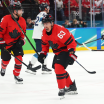William Douglas has been writing The Color of Hockey blog since 2012. Douglas joined NHL.com in 2019 and writes about people of color in the sport. Today, he profiles Seattle Kraken forward Pierre-Edouard Bellemare who is approaching his 700th NHL game after signing as an undrafted 29-year-old from France in 2014.
Pierre-Edouard Bellemare thought his NHL career would be brief, if at all, when he signed a one-year contract with the Philadelphia Flyers on June 11, 2014.
What are the chances of an undrafted 29-year-old from Le Blanc-Mesnil, France, with no previous North American professional experience making it in the top league in the world, he thought.
"To be honest, I didn't even think I was going to reach a game when I got into the League," Bellemare said. "I remember thinking my career is more behind me than in front of me."
That's why the Seattle Kraken forward, now 39, spoke with a hint of amazement and sense of pride approaching his 700th NHL game.
"I'm proud of it, but it's a little bit surreal because I'm a French hockey player," Bellemare said. "I'm not a French-Canadian hockey player, I'm a French hockey player. I've been told my whole life that this is something that is not doable, just to come into this league. To be able to be here, I don't think I'll realize it until I actually look back at the end my career, I think."
Bellemare's improbable NHL journey began with three seasons in Philadelphia (2014-17) followed by stints with the Golden Knights (2017-19), Colorado Avalanche (2019-21) and Tampa Bay Lightning (2021-23) before he signed a one-year contract with the Kraken on July 7, 2023. He played in the Stanley Cup Final for the Golden Knights in 2018 and the Lightning in 2022.
